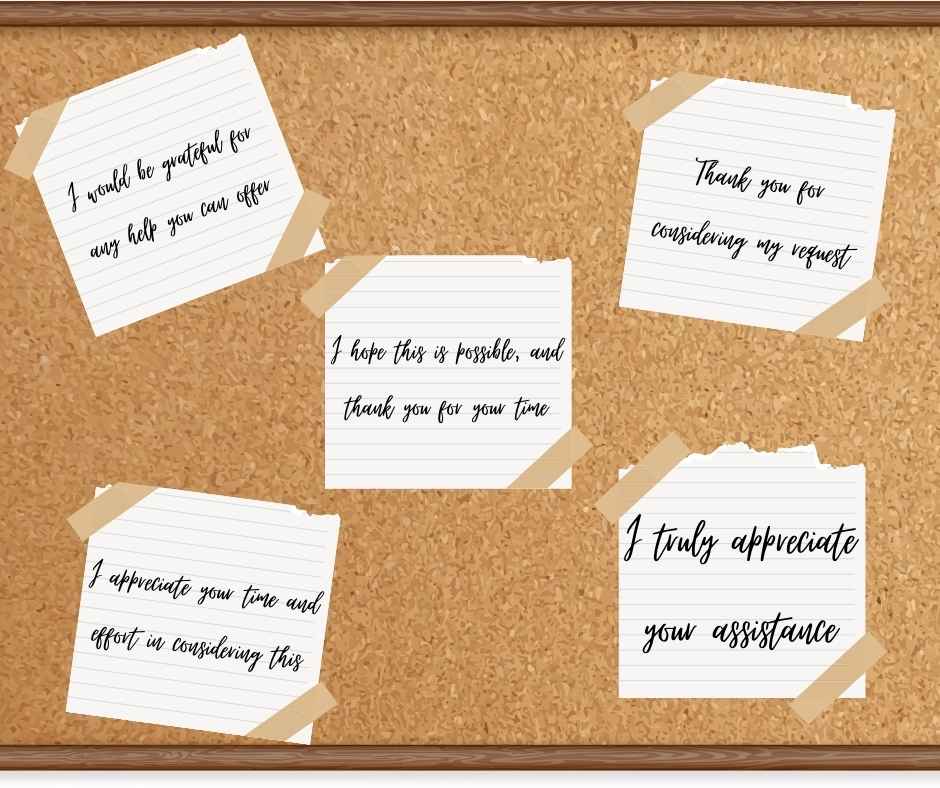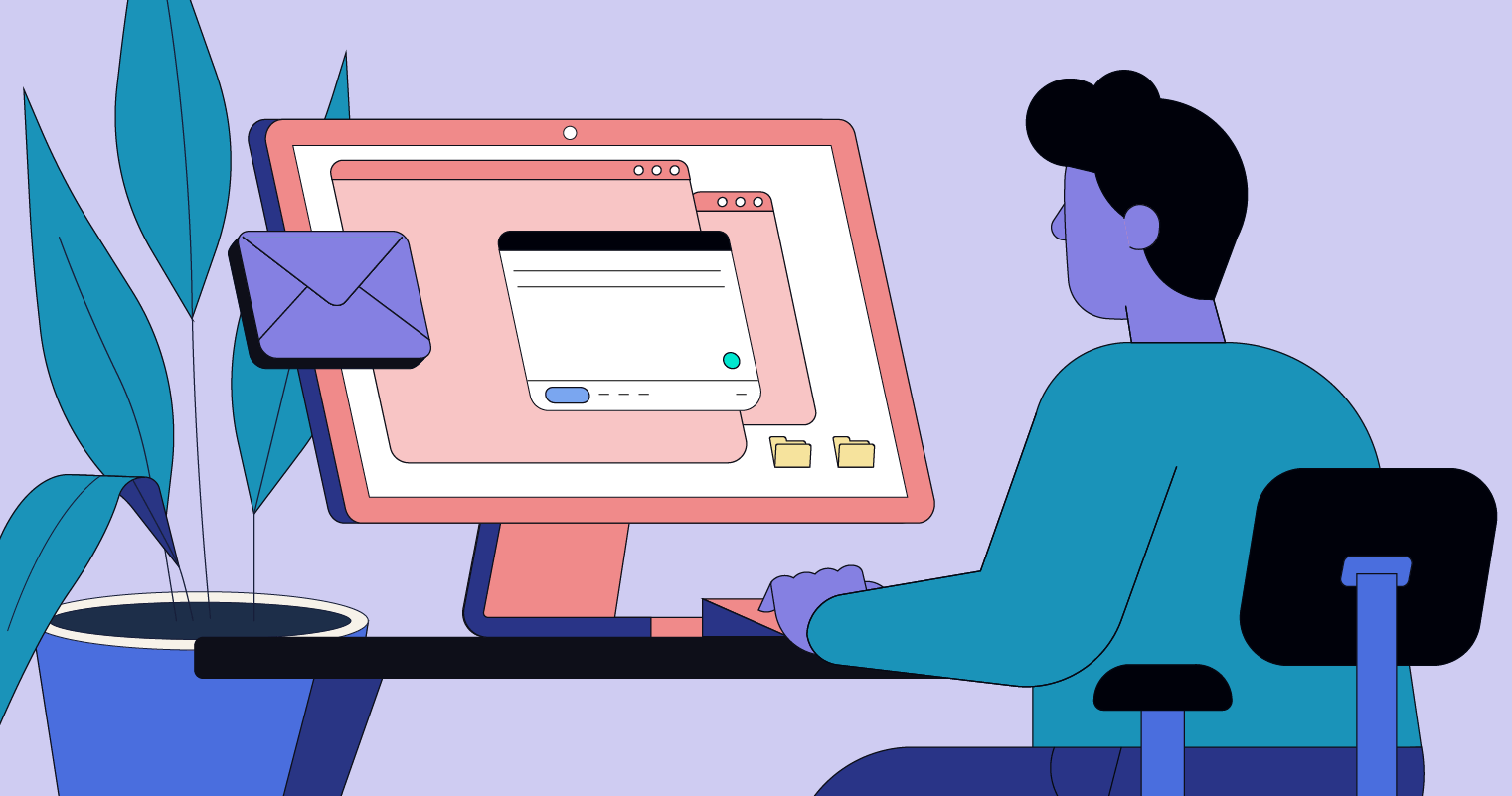In email communication, every word counts. Ending with “Thanks in advance” might seem polite, but it often sends the wrong message. It assumes action without confirmation and can harm relationships.
Let’s explore why this phrase is a mistake and the better ways to close your emails.
Key Takeaways
- “Thanks in advance” assumes agreement and can come off as rude or presumptive.
- Express gratitude only after someone has agreed or completed the task.
- Use respectful alternatives like “I appreciate your help” to maintain professionalism.
Presumption Without Permission
“Thanks in advance” jumps ahead of reality. It assumes the recipient will fulfill your request before they have agreed to it. This subtle presumption undermines mutual respect, especially in a professional context.
How It Translates in Everyday Interactions

Imagine asking someone face-to-face for a favor and saying, “Thanks in advance” before they even respond. It would come off as pushy.
- In the workplace: Asking a coworker to help with a project and finishing with “Thanks in advance” can make it seem like their help is guaranteed.
- At home: Asking a friend or partner for a favor and assuming they’ll agree, without giving them a chance to respond, comes off as presumptive.
In both situations, it becomes obvious that assuming someone will say yes without their confirmation feels uncomfortable. Email etiquette should follow this same principle.
Shortcutting Gratitude
Gratitude is not something to be rushed. When you say “Thanks in advance,” you cut short the process of properly acknowledging someone’s help. This phrase can suggest that you don’t plan to thank them after they’ve completed the task, leaving them feeling unappreciated.
A report from StudyFinds states that 59% of workers never had a boss that truly appreciated their work.
Why Gratitude Should Be Given at the Right Time?
The timing of your thank-you matters. When expressed genuinely after a favor is completed, gratitude strengthens relationships.
- It acknowledges effort: Thanking someone after they’ve helped shows you’ve recognized the effort they put in.
- It strengthens future interactions: Properly expressed gratitude encourages ongoing cooperation and trust.
Stronger Alternatives to “Thanks in Advance”
Now that we know why “Thanks in advance” is problematic, let’s look at better alternatives to close your emails with sincerity and respect.
Examples of Expressing Respectful Gratitude

“I truly appreciate your assistance.”
- Acknowledges the effort before they’ve agreed but without assuming they will help.
“I would be grateful for any help you can offer.”
- Keeps the request open-ended, allowing them the freedom to accept or decline.
“Thank you for considering my request.”
- Shows you appreciate the recipient’s time and attention, even if they can’t fulfill your request.
“I hope this is possible, and thank you for your time.”
- Humble and respectful, it leaves space for them to decide without pressure.
“I appreciate your time and effort in considering this.”
- A polite and neutral way to express your gratitude for their consideration.
The Psychology Behind Gratitude
Understanding the psychology behind gratitude can improve how you communicate in your emails. When you thank someone properly after a task is done, it reinforces the idea that their effort matters. This positive feedback loop strengthens relationships, especially in work environments.
Timing Is Everything

The timing of your gratitude affects how it is received.
- It feels insincere. Saying thanks before someone has agreed to help makes the gratitude feel premature.
- It weakens your relationship. Over time, consistently using presumptive phrases like “Thanks in advance” erodes trust and cooperation.
On the other hand, properly timed gratitude reinforces positive communication. When people feel appreciated, they are more likely to help again in the future.
How “Thanks in Advance” Impacts Professional Relationships
Using “Thanks in advance” may not seem like a big deal, but in professional settings, it can have negative consequences. People want to feel respected for their time and effort. Presuming someone will do what you’ve asked without waiting for their agreement shows a lack of respect for their autonomy.
Creating Friction in the Workplace
- Colleagues feel unappreciated: If you regularly use “Thanks in advance,” your coworkers may feel like you take their help for granted. This can lead to reduced willingness to collaborate in the future.
- Trust diminishes: When you assume someone will help and then fail to properly thank them afterward, it weakens trust and mutual respect.
What to Do Instead?
To avoid the negative implications of “Thanks in advance,” it’s important to develop better email habits. Here’s how you can improve your email communication:
Ask Clearly, Wait for the Agreement
Make your request clear, but don’t assume that the recipient will automatically help. Give them space to decide without feeling pressured.
End with Thoughtful Closures
Always close your email with a respectful expression of gratitude for their time or consideration. Here’s what a good email closure looks like:
- “I appreciate your time and any assistance you can provide.”
- “Thank you for considering my request. I look forward to your response.”
- “I hope this works out, and I value your time and attention.”
Always Follow Up
Once the person has completed the task, follow up with a specific thank-you message. Acknowledge their effort and express sincere gratitude.
Common Mistakes to Avoid
Beyond using “Thanks in advance,” there are several other common email mistakes that can hurt communication.
Misusing CC and BCC
Always be mindful of who you include in email threads. Overusing CC and BCC can overwhelm recipients or give the impression of undermining trust.
Luckily, there is an option to “unsend” an email.
Overly Formal or Robotic Language
Emails that sound too formal or stiff can create distance. Strive for a professional yet approachable tone.
Neglecting to Proofread
Typos, grammar errors, and unclear sentences can weaken your message. Always review your emails before hitting send.
FAQs
Why is “Thanks in advance” considered rude?
“Thanks in advance” can come off as presumptive because it assumes the recipient will fulfill your request before they have agreed. It may also give the impression that you won’t follow up with genuine thanks after the action is completed, which can be seen as dismissive.
Can I use “Thanks in advance” in casual emails?
While “Thanks in advance” is more acceptable in casual emails among close friends or family, it can still feel presumptuous. Even in informal communication, expressing gratitude after someone agrees or helps is a more polite approach.
What should I say instead of “Thanks in advance” in a business email?
In business emails, consider alternatives like “I appreciate your time” or “Thank you for considering my request.” These phrases maintain professionalism and respect, without assuming the recipient will help before agreeing.
Is “Thanks in advance” okay in customer service emails?
For customer service emails, avoid “Thanks in advance.” It can feel pushy, especially if the recipient hasn’t confirmed they can help. Instead, use phrases like “We appreciate your assistance” or “Thank you for your support.”
Does “Thanks in advance” affect email response rates?
Studies on email response rates suggest that clearer, more considerate requests lead to better engagement. “Thanks in advance” can reduce response rates because it feels presumptive, which may put off the recipient.
Conclusion
Using “Thanks in advance” might seem harmless, but it carries unintended negative consequences. By understanding the impact of your words and developing better email habits, you can communicate more effectively and build stronger relationships.
Take the time to express genuine gratitude at the right moments, and you’ll see how much smoother your interactions become.

